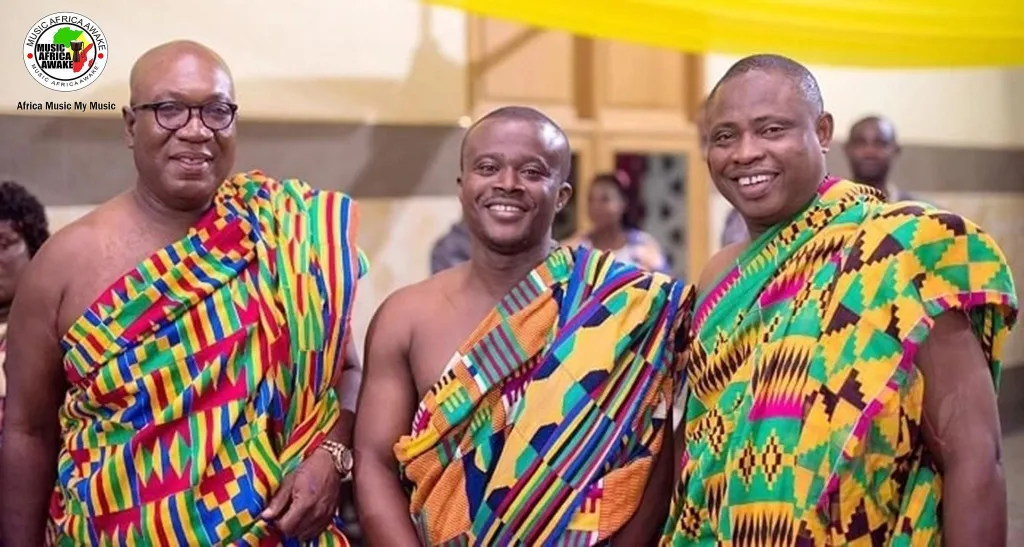
In the rich tapestry of mythology, the story of Tyros stands out as a fascinating narrative that intertwines divine lineage with epic quests. Tyros, often linked to various mythological traditions, is a figure whose parentage and background offer intriguing insights into the complexities of ancient belief systems. Understanding the origins of Tyros requires a look into the myths surrounding his mother and father—two deities whose influence and attributes shape his legendary status.
1. The Birth of Tyros: A Mythological Overview
Tyros is a name that appears in different mythological traditions, often with variations in his story and lineage. In many accounts, he is described as a hero or demigod with a profound connection to divine or semi-divine parents. His mythological narrative, though complex and sometimes contradictory, illustrates the deep interplay between human and divine realms in ancient storytelling.
One of the most notable versions of Tyros’s story places him in the context of Greek mythology, where he is often associated with the Titans and primordial deities. To fully appreciate Tyros’s role and significance, it’s essential to explore the backgrounds of his mythological mother and father, whose divine attributes and legacies provide a backdrop to his legendary life.
2. The Mother of Tyros: A Figure of Divine Significance
In Greek mythology, Tyros’s mother is frequently identified as Eurybia, a primordial deity associated with the mastery of the sea and cosmic forces. Eurybia is the daughter of the Titans Oceanus and Tethys, and she personifies the power and control over the natural elements. Her name, which translates to “wide strength,” reflects her vast dominion over the sea and the various natural phenomena connected to it.
Eurybia’s role in mythology is significant because she represents the intersection of divine power and the natural world. As a mother, she imparts her own formidable strength and cosmic influence to Tyros, shaping his character and abilities. The divine qualities of Eurybia contribute to Tyros’s heroic attributes, making him a figure of considerable strength and impact.
3. The Father of Tyros: A Titan of Power and Authority
The father of Tyros is typically identified as Krios, another primordial Titan who embodies the essence of celestial power. Krios, often associated with the ram and the constellation Aries, is a deity representing the celestial and astrological influences that shape the world. As a Titan, Krios is part of the primordial generation of deities that predate the more familiar Olympian gods.
Krios’s role in mythology is crucial because he symbolizes the forces that govern the cosmos and the natural order. His connection to the stars and the celestial realm imbues Tyros with attributes related to strength, leadership, and cosmic significance. The influence of Krios as Tyros’s father adds a layer of grandeur and authority to Tyros’s own narrative, positioning him within the larger framework of divine power.
4. The Significance of Tyros’s Parentage
The union of Eurybia and Krios creates a powerful mythological lineage that endows Tyros with both divine and cosmic attributes. This heritage is crucial in understanding Tyros’s place in mythology. His mother’s control over the natural elements and his father’s celestial authority combine to shape his role as a hero or demigod with a unique blend of powers.
Tyros’s parentage reflects a broader theme in mythology where the offspring of powerful deities often inherit attributes that allow them to perform extraordinary feats. In the case of Tyros, his background highlights the ancient belief in the transmission of divine qualities from one generation to the next, reinforcing the idea that heroes and demigods are products of their celestial ancestry.
5. Tyros in Mythology and Cultural Impact
Although Tyros’s mythological presence might not be as prominent as figures like Hercules or Achilles, his story and lineage contribute to the rich mosaic of ancient myths. His connection to Eurybia and Krios underscores the importance of divine heritage in shaping a character’s destiny and capabilities.
In cultural contexts, the story of Tyros serves as an example of how ancient civilizations understood the relationship between gods and mortals. His narrative reflects the broader themes of divine influence, cosmic order, and the heroic tradition that permeates mythology. By exploring the backgrounds of Tyros’s parents, we gain a deeper appreciation for the intricate ways in which ancient stories weave together elements of power, nature, and destiny.
Conclusion: The Legacy of Tyros
The myth of Tyros, shaped by the divine attributes of his mother Eurybia and father Krios, offers a compelling glimpse into the complexities of ancient mythology. His parentage not only enriches his story but also provides insights into the broader mythological themes of divine inheritance and cosmic influence. As we delve into the legend of Tyros, we uncover a narrative that highlights the enduring power of mythology to capture the imagination and reflect the values of ancient cultures. Through the lens of Tyros’s lineage, we gain a greater understanding of the ways in which mythological figures are crafted from the divine essence of their forebears, leaving a lasting legacy in the tapestry of myth and legend.







